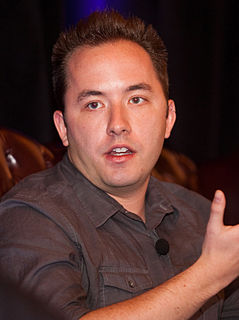A Quote by George Saunders
I'm not thinking in any big thematic or conceptual terms - especially in this book [Lincoln in the Bardo] when I was trying to make the voices more active, more energetic.
Related Quotes
What was fun for me with this book [Lincoln in the Bardo] was to start out with the principle that went, "We're going to fight every day to make this not a novel; make it too short to be a novel." And then with that principle in place, the book sort of starts to say, "Okay, but I really need this. I really need some historical nuggets." And you're like, "All right, but keep it under control."



























